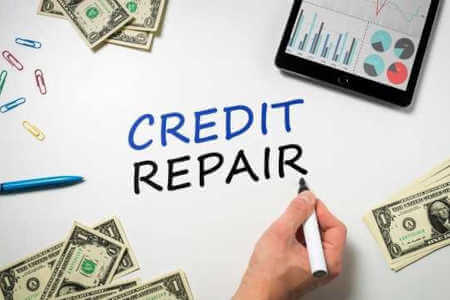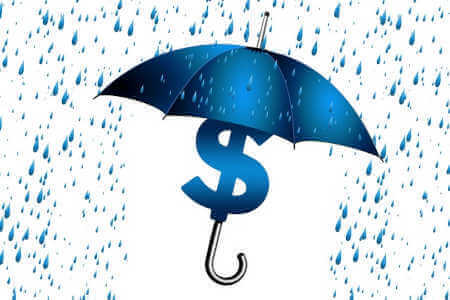Credit Repair Scams
You see the advertisements online, on TV, and on flyers around the neighborhood. You hear them on the radio. You get fliers in the mail. You may even get calls from telemarketers offering credit repair services. Their advertisements make bold assertions and money-back guarantees. Many of them claim to remove negative credit with the flick of a wrist. They all make the same claims:
"Bad Credit? No problem!"
We can erase your bad credit - 100% guaranteed.
Credit report 100% cleared in 30 days
Create a new credit identity - legally.
Bankruptcy, tax liens, judgments, and bad loans removed from your credit file forever!
The Credit Repair Scam
Everyday, companies nationwide appeal to consumers with poor credit histories. They promise, for a fee, to clean up your credit report so you can get a car loan, a home mortgage, insurance, or even a job. The truth is, they can't deliver. After you pay them hundreds or thousands of dollars in fees, these companies do nothing to improve your credit report; most simply vanish with your money.
The Warning Signs

If you decide to respond to a credit repair offer, look for these tell-tale signs of a scam:
Credit repair companies that want you to pay for credit repair services upfront.
Credit repair companies that do not tell you what your legal rights are or doesn't tell you what actions you can take yourself for free.
Credit repair companies that recommend that you not to contact a credit bureau directly.
Credit repair companies that advise you to dispute all information in your credit report or take any action that seems illegal, like creating a new credit identity.
Credit repair companies that encourages you to try to invent a “new” credit identity and use an employer ID number instead of a social security number.
Note: You can't create a second credit file. Fraudulent companies sometimes offer to provide consumers with different tax identification or social security numbers in order to create a new credit file. This practice, called “file segregation,” is illegal, and it doesn't work.
Before you doing business with any credit repair company, it's best to check them out at the Better Business Bureau.
Know your Rights
If you respond to a credit repair offer, by law:
You should be provided a copy of your consumer rights. This is a one-page document that tells you what your rights are if you dispute inaccurate information with credit repair companies.
You have the right to cancel a contract with any credit repair organization for any reason within three business days from the date the contract was signed, according to the Better Business Bureau.
Under the Credit Repair Organizations Act, credit repair companies cannot ask for payment until they've kept their promises. Federal law also requires credit repair services to give you a explanation of your legal rights, a detailed written contract, and three days to cancel (this applies to for-profit services, not to nonprofit organizations, banks and credit unions, or the creditors themselves).
To check out a company's reputation, call the Better Business Bureau or your state's Attorney General.
Have You Been Victimized?
Many states have laws regulating credit repair companies. State law enforcement officials may be helpful if you've lost money to credit repair scams. If you've had a problem with a credit repair company, don't be embarrassed to report it. While you may fear that contacting the government will only make your problems worse, remember that laws are in place to protect you.
Contact your local consumer affairs office or your state Attorney General. Many Attorney Generals have toll-free consumer hotlines. Check the White Blue Pages of your telephone directory for the phone number or check www.naag.org for a list of state Attorneys General.
Protect yourself
Here are some tips to keep in mind before you respond to ads that promise easy credit, regardless of your credit history:
Most legitimate lenders will not “guarantee” that you will get a loan or a credit card before you apply, especially if you have bad credit or a bankruptcy.
It is an accepted and common practice for reputable lenders to require payment for a credit report or appraisal. You also may have to pay a processing or application fee.
Never give your credit card account number, bank account information, or Social Security number out over the telephone unless you are familiar with the company and know why the information is necessary.
Be Warned: You could be charged and prosecuted for mail or wire fraud if you use the mail or telephone to apply for credit and provide false information. It's a federal crime to lie on a loan or credit application, to misrepresent your Social Security number, and to obtain an Employer Identification Number from the Internal Revenue Service under false pretenses.



